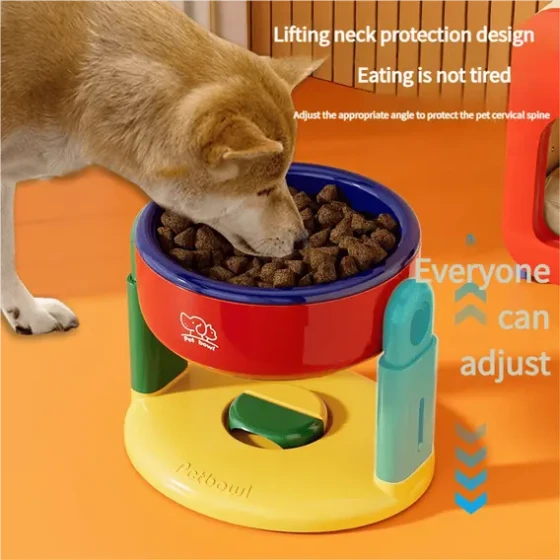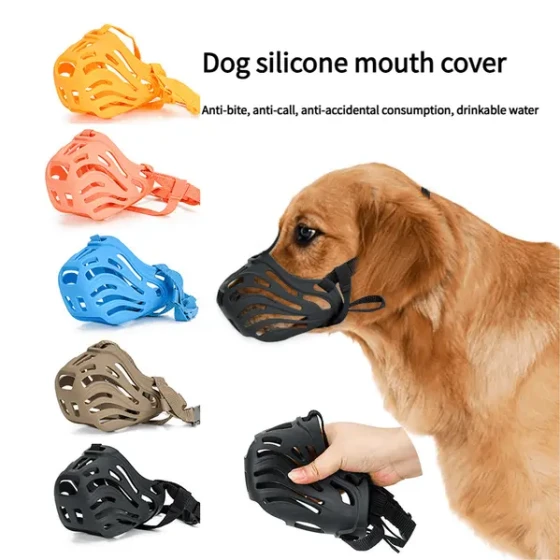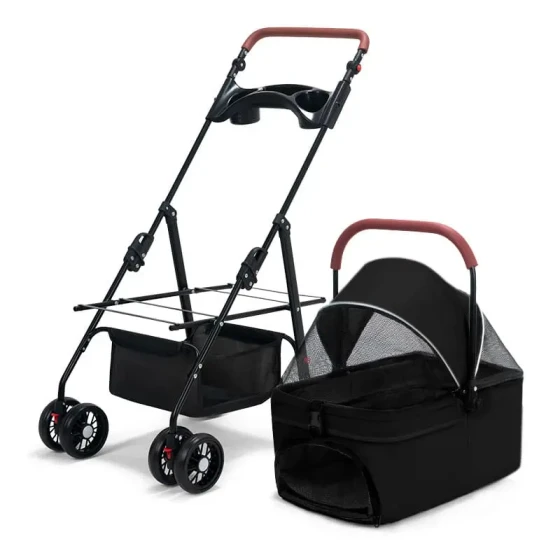Why can't dogs eat grapes? What to do if dogs eat grapes?
Why can't dogs eat grapes? Grapes contain quite high levels of glucose and fructose, and dogs are extremely sensitive to sugars, which may cause poisoning. Possible causes of poisoning include: mycotoxins (such as ochratoxin), high levels of vitamin D3 or similar compounds, pesticide contamination, heavy metals or other environmental toxins, or some unknown internal grape toxins.

Why can't dogs eat grapes?
Toxic signs caused by grapes often appear within 6 hours, manifested as lethargy, vomiting and diarrhea, loss of appetite, with possible grape residues in vomit or feces. Typical symptoms resemble acute gastroenteritis. Most dogs will develop acute kidney failure within 24-72 hours, initially showing little or no urine production. Dehydration and excessive drinking are common. At this point, calcium (Ca), phosphorus (P), and uremia indexes in the blood rise. Dogs suffering from uremia who do not receive proper medical treatment often die. The mechanism of grape-induced acute kidney failure in dogs is still unclear, possibly due to damage to certain kidney structures. Some reports state that if a dog eats more than 11.5 grams of grapes per kilogram of body weight, it may become untreatable.

Why can't dogs eat grapes?
In terms of treatment, for dogs that have just ingested grapes or raisins, inducing vomiting, gastric lavage, and administration of activated charcoal (to block toxin absorption) are necessary, along with at least 8 hours of intravenous fluid therapy and 72 hours of blood monitoring for kidney function. If azotemia appears, continuous IV fluids and diuretics are administered until kidney indexes return to normal. Even for dogs that recover, the prognosis is poor due to the occurrence of oliguric or anuric kidney failure lesions.

Why can't dogs eat grapes?
The above explained why dogs can't eat grapes. For your dog's health, do not feed them grapes.





